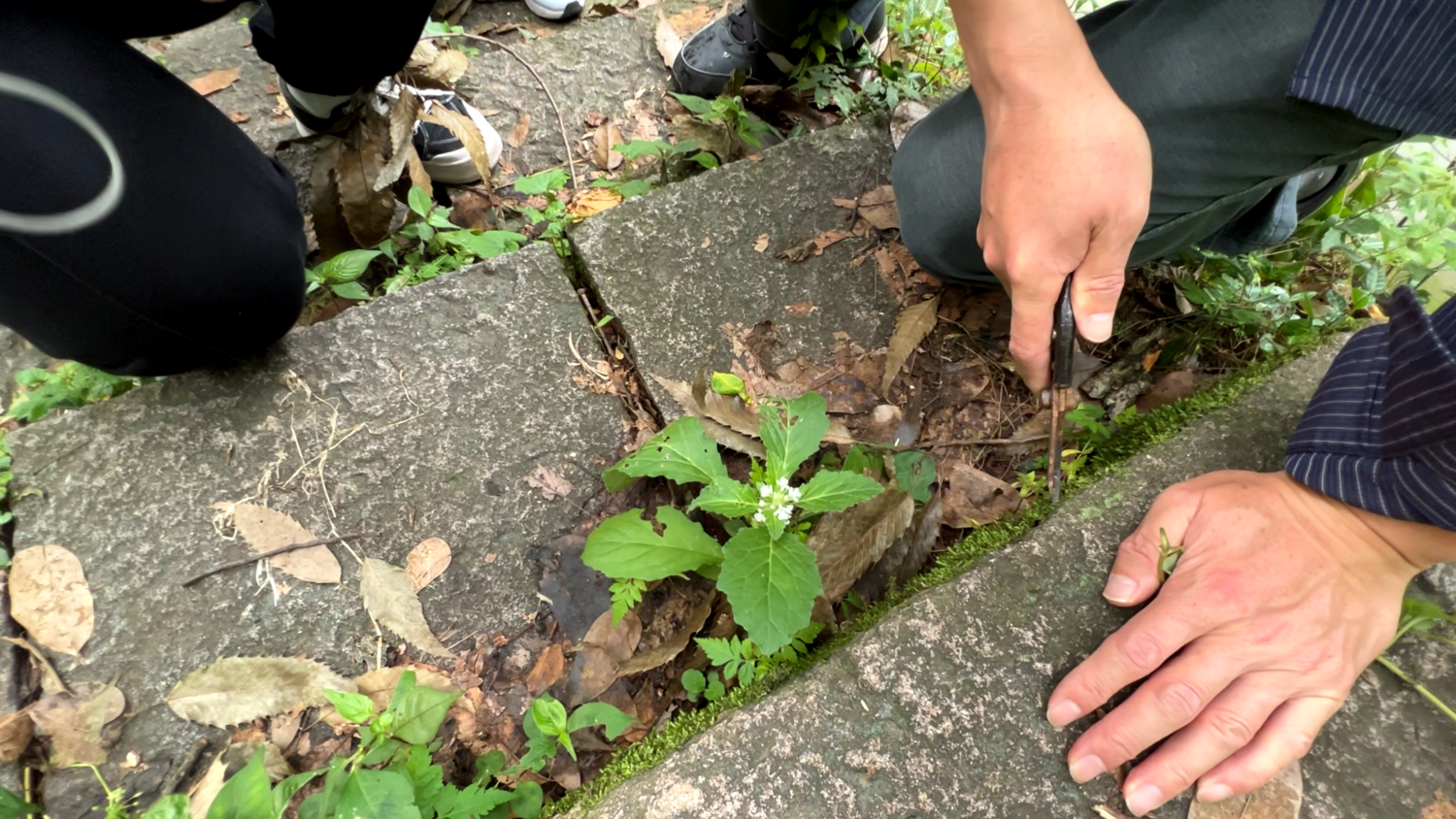UiT Environmental humanities gathering #25: A mini thought-project on ‘Writing the Implosion – teaching the world one thing at a time’


This experimental session will focus on unraveling, deepening, and reconfiguring stories around taken-for-granted objects in daily life.
Carolina Némethy is a doctoral research fellow in anthropology at UiT, as part of the EA:RTH project (Ethnographic Action: Researching Transformations of Humans and Environment on a Disrupted Planet). The session will start with a presentation of the approach and how it has been embraced in Carolina’s own project, followed by a discussion in which participants share their chosen objects and stories:
Everyone should either bring or mentally prepare one object they consider as ‘taken-for-granted’ but revealing deeper histories, connections to particular places, practices and/or people. The stories should reveal something you have previously not considered or thought about much but have learnt about in the process of this mini thought-project. We will then discuss how our stories shape these objects.
Date and time: 12th February, 13.15-15.00, Árdna. Note: there is no digital option this time. Please register so that we have an idea of numbers: https://nettskjema.no/a/399269
The research group EA:RTH focuses on the ways in which both human communities and ecosystems around the world are increasingly affected by interconnected environmental and political changes, rapid industrialization, urbanization, and resource extraction. Human-led environmental shifts during the era of globalization have led to displacement, political conflict, and growing wealth inequalities. Marginalized ethnic groups and indigenous peoples around the world are impacted by these changes on an unprecedented scale. In recent years, it has become apparent that global inequalities are intimately linked to the environmental and climatic ravages that disrupt ecosystems and species all over the world.
EA:RTH aims to develop a methodology of ‘ethnographic action’, using fieldwork-based methods, including audio-visual methods such as ethnographic film, still photography or digital media, to describe the social reverberations of global inequality and environmental disruption, and reveal everyday practices that may be mobilized to navigate their entanglements.
The relatively short text this session is inspired by is:
Dumit, Joseph. 2014. WRITING THE IMPLOSION: Teaching the World One Thing at a Time. Cultural Anthropology 29(2): 344–362 (DOI: 10.14506/ca29.2.9). Link. (If you don’t have access via the link or Oria, then email Kate.Maxwell@uit.no for a PDF.)